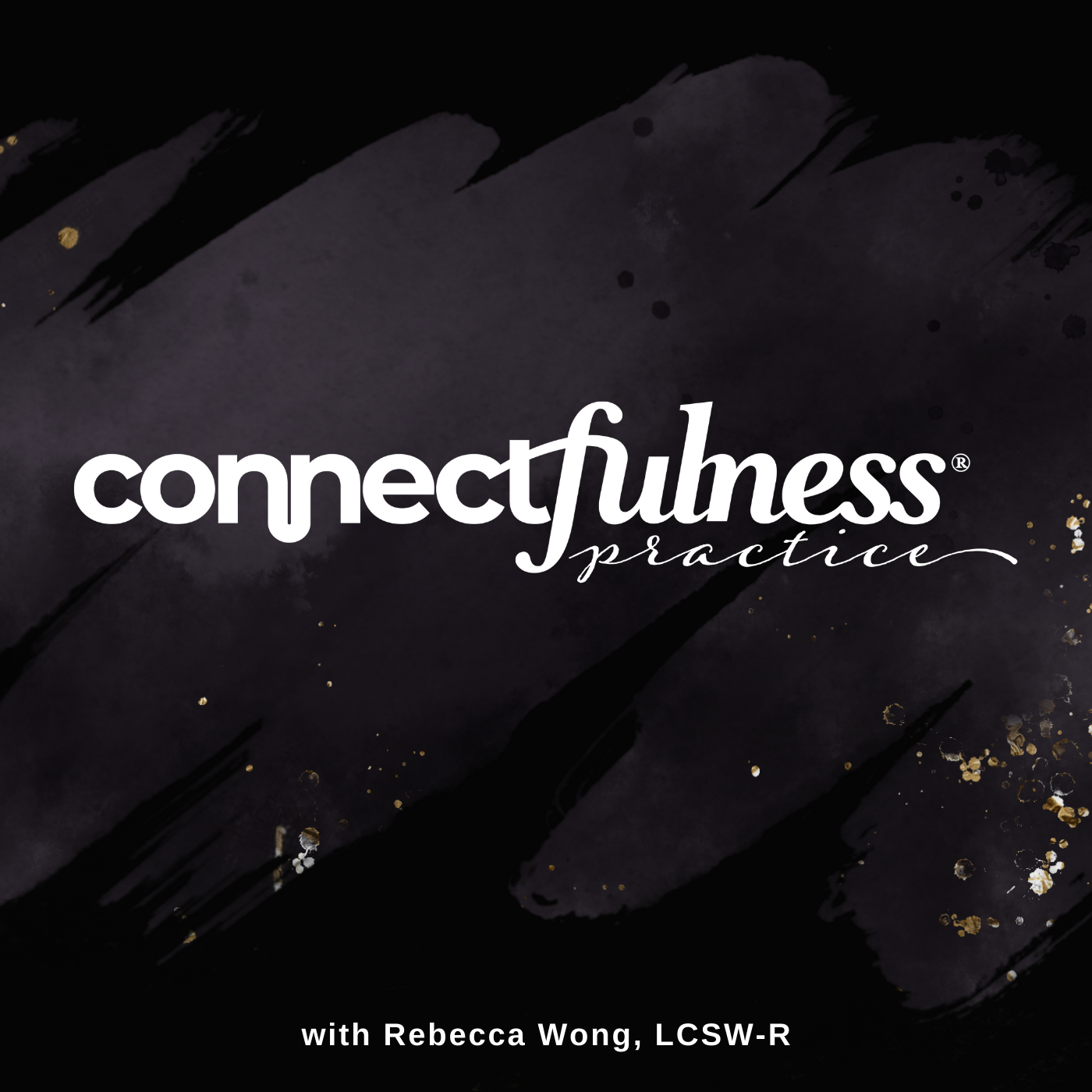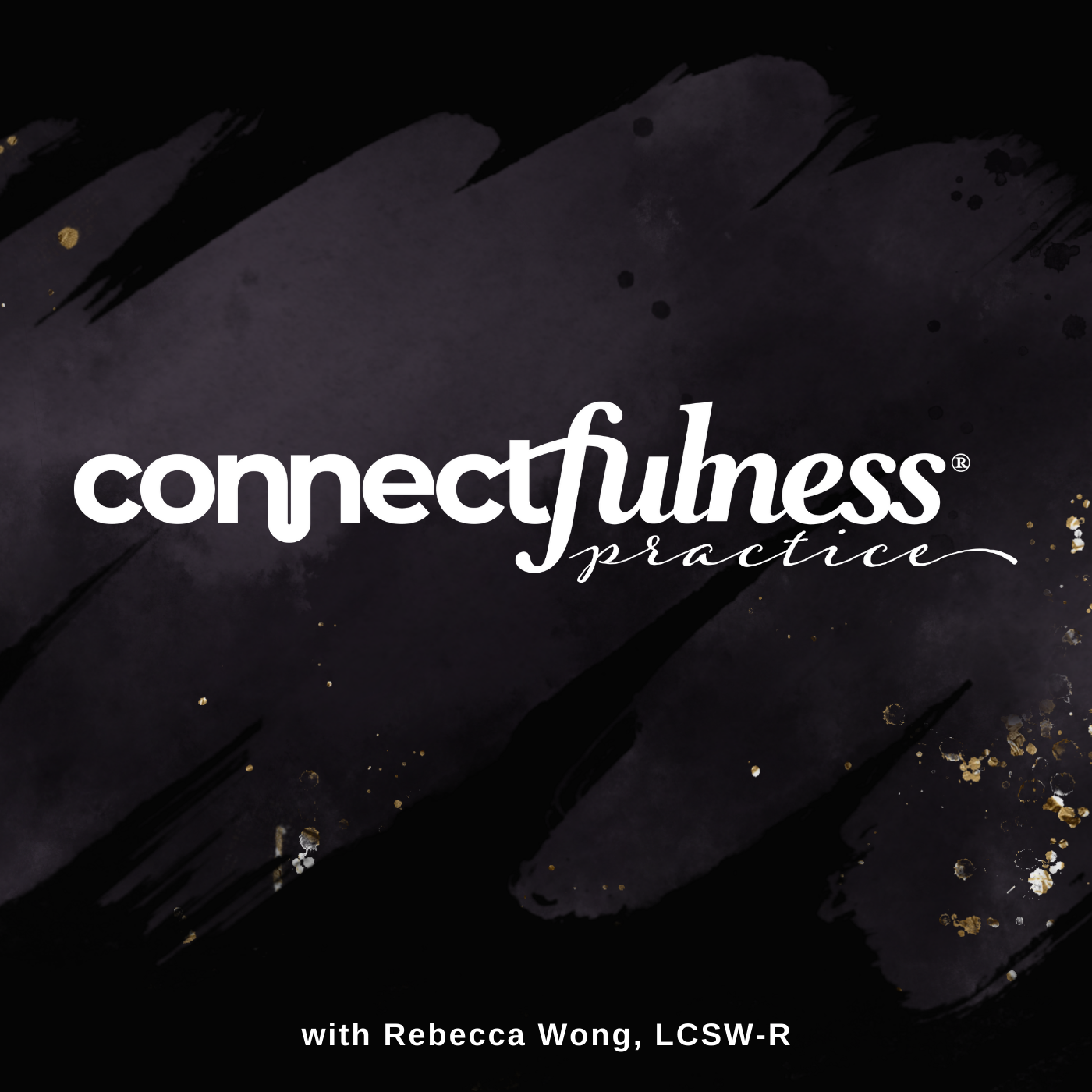Episode 6
Why Are Relationships Difficult? with Stan Tatkin, PsyD, MFT
If you've ever wondered "why are relationships difficult?" you'll want to catch this episode with Dr. Stan Tatkin. We start with an exploration of how our species’ survival relies on an inborn negativity bias and how this same mechanism makes relationships difficult and more challenging to sustain under stress. Everyone’s experienced some form of relational loss and developmental trauma. And so, with this in mind, we’re also discussing how early development shapes each of us and our ability to self-regulate and foster safe, secure, adult romantic relationships.
Stan Tatkin, PsyD, MFT, is a clinician, teacher, and developer of a Psychobiological Approach to Couple Therapy. He is also the author of several books on aspects of love and relationships, with his most recent one being We Do: Saying Yes to a Relationship of Depth, True Connection, and Enduring Love. Through his clinical practice in Calabasas, CA, workshops, couples’ retreats, and the PACT Institute, Stan and his wife, Tracey, train psychotherapists to use the PACT method in their clinical practices.
In this episode, Stan and I discuss:
- What the Psychobiological Approach is.
- The inability of people to act and react quickly and properly before they launch into a “fight or flight” response---or a collapse
- For the purpose of helping us understand, Dr. Tatkin simplifies how our neurobiology works down to the two areas of the brain: the ambassadors and the primitives
- For optimum arousal, we need all systems online at the same time, which takes alertness and relaxation
- Why we aren’t all set up for adult love relationships
- How we learn to self-regulate to prepare for adult relationships
- Why so many people don’t know how to get to a safe, secure place
- Stan’s “foxhole” illustration: are couples at war with each other in the foxhole or protecting one another
- How a dangerous environment makes people put aside their differences and work together
- How people manage relationships by learning to work together
- How a couple has to live by agreements that are good for both, like, “We protect each other in public and private”
- How memory perception and communication can get us into trouble
- The difference between co-dependency and interdependency
- How our trauma approach can lead to PTSD----and hugs, massage, and acupuncture can help much more than talking
- How people can ease into eye contact with each other
- The importance of play, which comes from feeling safe and secure
- Why people might have trouble with play
- “The window of tolerance” and what it means for couples
- Things that can compromise and narrow the window of tolerance
- How we miss much of the language used when we communicate in ways that don’t include eye contact, like phone calls, texting, and email
- Why experiencing trauma in life means a lot of re-regulating will need to take place
- Why most everything we suffer from is interpersonal
Resources:
www.thepactinstitute.com Find out more about Stan’s practice, resources, books, retreats, and workshops
We Do: Saying Yes to a Relationship of Depth, True Connection, and Enduring Love
Learn more about Rebecca’s relationship therapy practice and intensive couples retreat experiences in NY at connectfulness.com
Follow us @connectfulness on Twitter, Instagram, and Facebook.
Thank you to our sponsor, TherapyNotes. Get two free months of TherapyNotes and a free data import after signing up for a free trial by going to www.therapynotes.com and using promo code: connectfulness
Mentioned in this episode:


